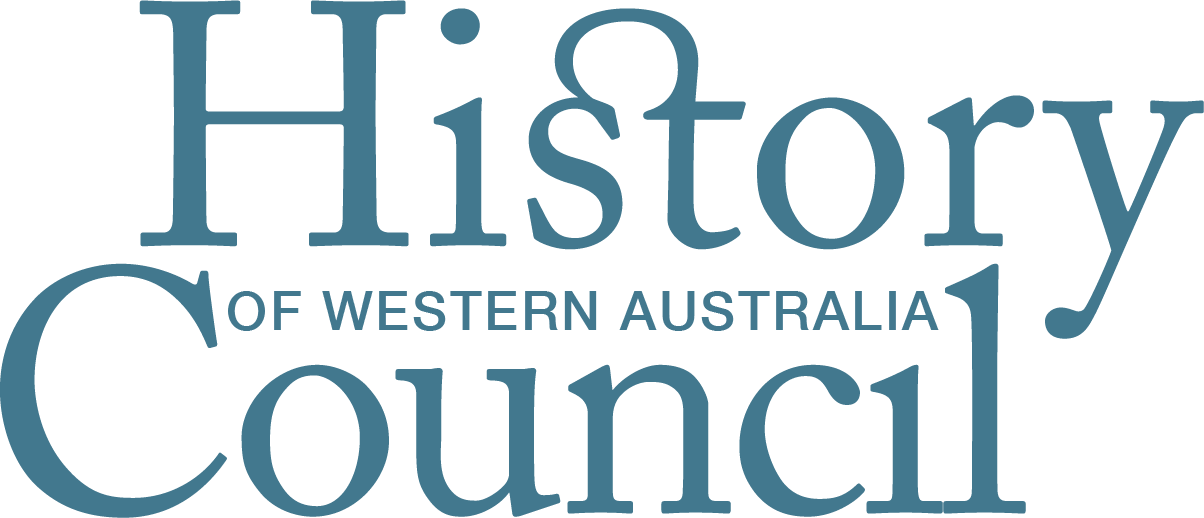Feature Article 2: On the Fringe
The origins of the Fringe Festival reflect the desire of the WWII generation to reunite following the global catastrophe and division of war. As such the Festival represents an intriguing turning point in cultural history, and has gone on not only to redefine performance festivals, but to articulate the sexual revolution, embrace equality, provide a platform for alternative culture, and tackle often otherwise unspoken confronting historical and socio-political issues through various forms of performance art. Its success has been truly remarkable.
The very first Edinburgh Festival was held in 1947. At that time it presented a world-class array of what might have been considered highbrow arts — opera from the Glyndebourne company, classical concerts from the Viennese Philharmonic, dance from Sadler’s Wells and theatre from the Old Vic Company, even a young Alec Guinness playing Richard III.
In keeping with the intended spirit of the festival, perhaps the greatest composer of the day, Bruno Walter, was reunited with the Viennese Philharmonic after spending the war in exile in the USA. He said that the festival had ‘renewed human relations’, and that he had appeared because ‘it was of the utmost importance…that all the ties which had been torn should be re-united.’
Dame Maggie Smith trod the Fringe boards early in her career
(Edinburgh Festivals)
The first festival was a huge success. But not everyone felt included in this new initiative. The Glasgow Unity Theatre were not the kind of group to allow the rarefied tastes of the bourgeoisie to get in the way of staging a show, and were ready to start a ‘culture war’, funding themselves to attend and in doing so providing the beginning of today’s Fringe culture. In total a group of six Scottish and two English companies, the ‘uninvited eight’, turned up in 1948 to stage their own works. These unofficial shows were the template for the ‘Fringe’ as we know it today.
The principles of the Perth Fringe World Festival are the same in 2018 as they were in Edinburgh in the early post war years, although growth has been exponential since those eight contrary companies first arrived in Edinburgh. The Festival Fringe Society, founded in 1959, states that 2016 saw 50,266 performances of 3,269 shows in 294 venues, with a long-established formal registration programme belying the fact that the Fringe is open to absolutely anyone who can find whichever ad hoc but useable space they need.
It’s that sense that anything goes which brings the community together for this festival. Theatre makers across the world have carved names for themselves in transformed industrial spaces, shows are staged in backrooms of bars, private members’ clubs whose doors have opened for the month, community halls and converted university buildings, often with ingenious technical manoeuvring. The Fringe first gave a stage to John Cleese, Rowan Atkinson, Stephen Fry, Hugh Laurie and Emma Thompson. Peter Cook, Dudley Moore, Billy Connolly, Ben Elton, Jo Brand and Eddie Izzard were big Fringe hits early in their career. Richard Burton, Sir John Gielgud, Dame Judi Dench, Maggie Smith, Alan Rickman and Derek Jacobi all also trod the Fringe boards in their younger days, Robin Williams in a 1971 theatre show, Tom Stoppard’s breakthrough play Rosencrantz and Guildenstern Are Dead premiered in Edinburgh in 1966.
These days the structure of the Festival as a whole hasn’t changed much, only its size, reach and commercial ambition. The Alternative Comedy boom of the 1980s has seen the genre mushroom across the globe ever since. For audiences, the Festival is still a chance for all nations to come together. For performers, it’s a chance to show the world how good they really are.
Fringe World in Perth is recognised as the third largest Fringe in the world. The 2018 Festival recorded over 368,000 tickets sold, valued at $10.1 million and attendance at free and ticketed events was almost one million.
The annual program of events features artists and acts from a range of styles including circus, cabaret, comedy, music, dance, theatre, film and visual art. The Perth Festival features many 'pop-up' venues, such as the 1905 Belgian De Parel Spiegeltent, which was purchased by organisers Artrage in 2011 with the assistance of Lotterywest. The venue has unique architecture and a long touring history in Europe. Perth Fringe World is the only fringe festival in the world to own its own spiegeltent. In 2016, Fringe World facilitated the purchase of a spiegeltent for Edith Cowan University; the venue will be re-named The Edith Spiegeltent.
In 2019, Perth Fringe World took place across 138 venues and performance spaces from 18 January to 17 February. This Festival introduced the new Fringe World hub at Yagan Square. A weekly busking event called Fringe Fridays was also introduced, with buskers from all over the world performing at the Twilight Hawkers Market. Fringe Sundays was another 2019 addition to the Festival, consisting of teaser performances from key shows in the Fringe World Festival program.
I hope you were able to attend some of the performances in this eclectic, always original and often confronting summer cornerstone event. Editor’s picks of 2019 theatre performances: Angels Share, presented by Jared Barkla. A world premiere tale of life on a small Scottish Island, of single malts and double-crossings; and A National Park presented by Blue Theatre Room Summer Nights & Black Sapphire Productions. This is a new Western Australian theatre and film production company that casts Aboriginal men and women in lead romantic roles. Its stories reflect on the multicultural environment in which we live. The themes of the land, respecting the land, interracial relationships and different cultures coming together to work in harmony form the focus of their work. Written by Andrea Fernandez, A National Park was the company’s debut play.
(Ed.)
Extracts taken from https://www.independent.co.uk/arts-entertainment/comedy/features/edinburgh-fringe-festival-2018-history-founding-comedy-theatre-arts-scotland-a8479731.html

